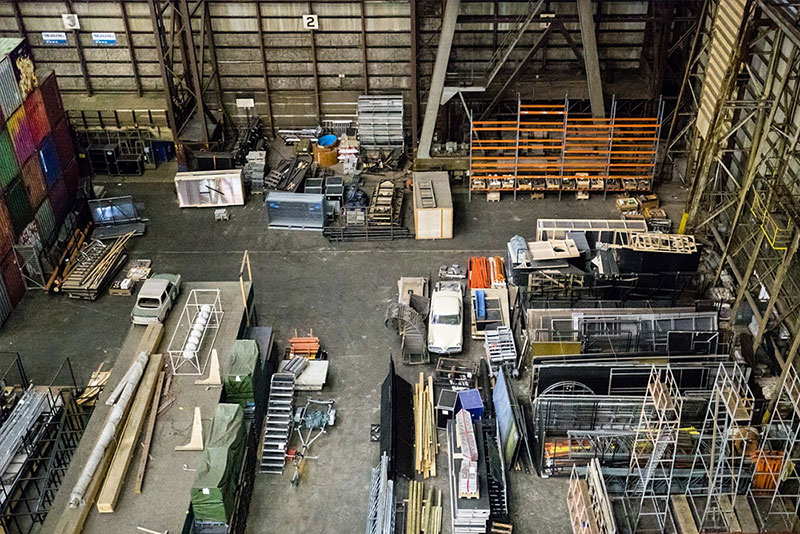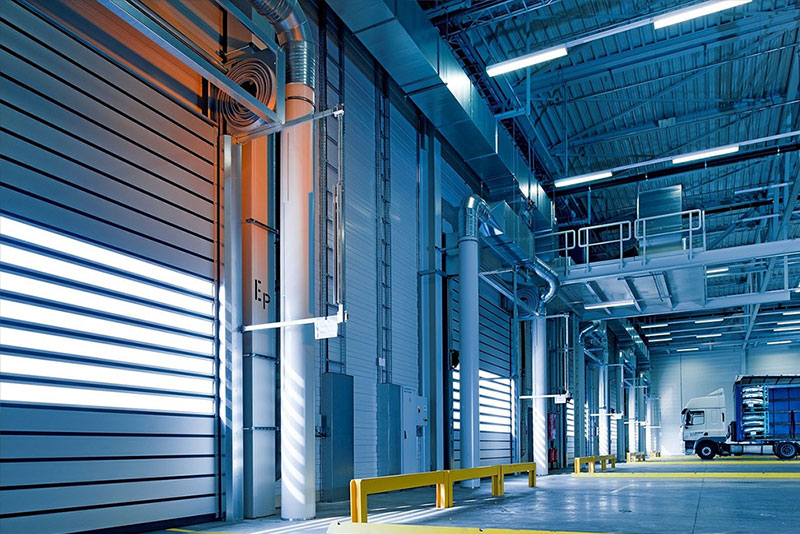In today's competitive business landscape, efficient last-mile delivery solutions have become a crucial factor for success. Companies across various industries are continually striving to optimize their logistics to ensure timely and cost-effective delivery of goods to customers' doorsteps. Understanding and implementing effective last-mile delivery strategies can significantly impact customer satisfaction and loyalty.

Last-mile delivery refers to the movement of goods from a distribution hub to the final destination, which is typically the customer's location. This final leg of the delivery process is often the most expensive and challenging part due to factors such as traffic congestion, delivery windows, and the need for real-time tracking.
One of the key components of successful last-mile delivery solutions is advanced route optimization. By leveraging technology and data analytics, companies can streamline delivery routes, reduce delivery times, and minimize fuel costs. Route optimization software takes into account variables such as traffic patterns, delivery windows, and package sizes to create the most efficient delivery routes possible.
Another important aspect is the use of automated vehicles and drones for last-mile delivery. While still in the early stages of adoption, autonomous delivery vehicles offer the potential to significantly reduce delivery times and costs, especially in urban areas where congestion is a major issue. Drones, on the other hand, can be used to deliver small packages over short distances quickly and efficiently.
Furthermore, the integration of real-time tracking and visibility solutions is essential for enhancing transparency and customer experience. Customers now expect to track their orders in real-time, receive accurate delivery updates, and have the flexibility to reschedule deliveries if needed. Providing customers with clear visibility into the status of their deliveries helps build trust and satisfaction.

Customer convenience is another critical factor in last-mile delivery solutions. Offering flexible delivery options such as same-day delivery, evening delivery slots, and weekend deliveries can cater to the diverse needs of modern consumers. Additionally, providing options for in-store pickups or designated pickup points can further optimize the delivery process and reduce the risk of failed delivery attempts.
Lastly, sustainability has become increasingly important in logistics operations. Implementing eco-friendly delivery options, such as electric vehicles and bike couriers, not only reduces carbon emissions but also aligns with growing consumer preferences for environmentally responsible businesses.
In conclusion, effective last-mile delivery solutions play a pivotal role in the overall success of businesses today. By focusing on route optimization, leveraging technology like automated vehicles and drones, enhancing tracking capabilities, offering flexible delivery options, and promoting sustainability, companies can streamline their logistics operations and deliver exceptional customer experiences.